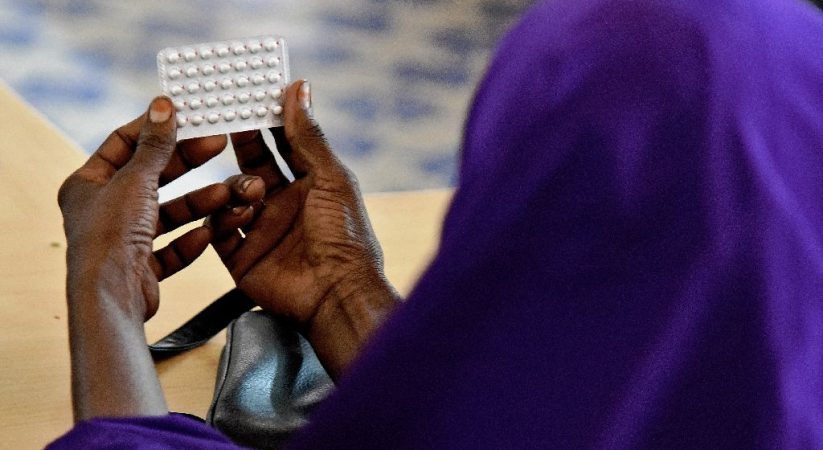
Nairobi, Kenya | (AFP) | November 14, 2016 – Swaddled in colourful hijabs the women exchange puzzled looks and suppress embarrassed giggles. “You’re sure it’s halal?” asks one, peering at a collection of birth control pills, condoms and IUDs.
Such everyday forms of contraception are little known and rarely seen in Kenya’s arid and neglected northeast, an overwhelmingly poor, conservative and Muslim part of the country where most people are pastoralist ethnic Somalis.
A study of early marriage by the charity Save the Children found that just two percent of the population of Wajir county uses contraception — compared with a national Kenyan average of 58 percent — due to modern contraceptive methods being seen as a breach of Islamic principles.
But Deka Ibrahim, a female Islamic teacher, explains that contraception is halal, permissible, as she talks to a group of 40 newly-weds and mothers sitting on the dusty concrete floor of a dark room that is the village’s tiny maternity centre.
.
.
.
_________________________
_____________________________________________________________________________________
Xafiiska Wararka Qaranimo Online | Mogadishu, Somalia
_____________________________________________________________________________________Advertisement
_____________________________________________________________________________________





